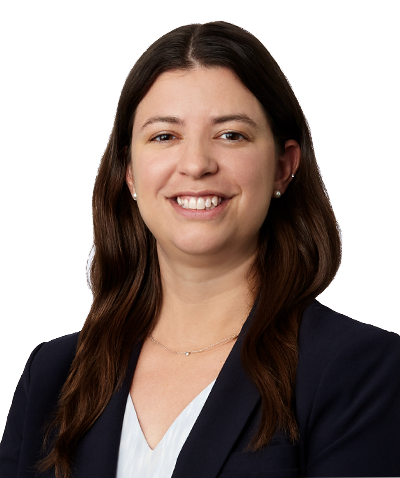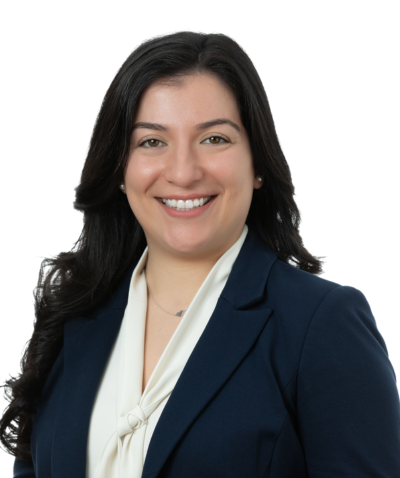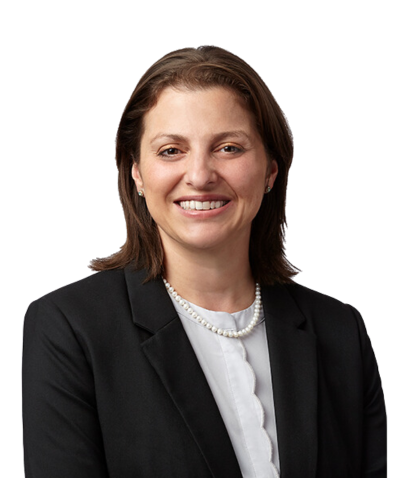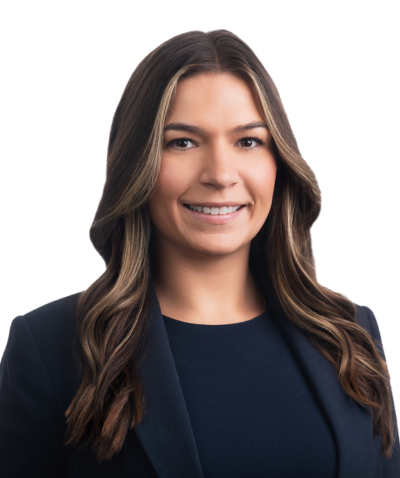Medicaid Attorneys
Medicaid is a federal and state program that provides health care coverage for qualifying individuals and families, including seniors and people with disabilities. The Medicaid program is a crucial source of coverage for individuals in need of long-term care services, providing benefits coverage for home-care services in the community, as well as in nursing homes and other residential health care facilities. Medicaid covers a range of services, such as doctor visits, hospital stays, prescription drugs, home health care, and long-term care. However, Medicaid eligibility and benefits vary by state, and the rules can be complex and confusing. That’s why you may need the help of an experienced New York elder law firm to guide you through the Medicaid process and protect your rights and assets.
How Our Medicaid Attorneys Can Help You
Our experienced Medicaid attorneys in our Elder Law Practice Group can help determine the best path toward securing Medicaid benefits for you or your loved one, and craft a personalized strategy based on your individual circumstances, finances, and medical needs.
Medicaid is a complex and often confusing program, with rules and eligibility criteria that frequently change, and as such, clients frequently seek our assistance in navigating the process of applying for Medicaid benefits. The unique experience and expertise that our Medicaid attorneys have in these areas allow us to fight for our clients’ rights at every stage of the Medicaid application process, and employ creative strategies tailored to your specific needs and circumstances. We can also assist you with the renewal or recertification process, Medicaid appeals and Fair Hearings, and understanding the coordination of Medicaid coverage and long-term care insurance.
Medicaid Planning
“Medicaid planning” is the process of arranging your income and assets in a way that allows you to qualify for Medicaid benefits while maximizing the preservation of your resources for yourself and your loved ones. Medicaid planning can help you avoid or reduce the risk of losing your home, your savings, your income, and your inheritance to the cost of long-term care.
When there are potential issues that you believe may prevent you from currently qualifying for Medicaid benefits coverage, there are almost always legal strategies that our experienced Medicaid attorneys can implement to help you achieve Medicaid eligibility at the earliest date possible. We can guide our clients through different options to manage excess resources, address problematic transfers of assets occurring during the five-year look-back period, or otherwise manage your assets and income in a way that allows you to preserve your assets, to the greatest extent possible, while establishing your Medicaid eligibility. There are many creative strategies that our attorneys can use to help individuals who do not believe they are Medicaid-eligible secure Medicaid benefits coverage.
Medicaid planning can also help you avoid or minimize the impact of Medicaid recovery, which is the right of the state to seek reimbursement from your estate for the benefits you received. Medicaid planning can involve various strategies, such as transferring assets, creating trusts, purchasing annuities, applying for exemptions, and using spousal protections. Medicaid planning requires careful analysis and professional guidance, as the rules and consequences can be complicated and vary by state and by program.
Although our Medicaid attorneys can assist clients in addressing Medicaid planning needs in a moment of crisis, when there is an imminent need for home care or nursing home care, the best time to engage in Medicaid planning is at least five years in advance of when you may actually need Medicaid coverage. It’s never too early to begin the process of speaking with an elder law attorney about the Medicaid planning you can do today to protect your future.
Medicaid Applications
Our experienced Medicaid attorneys have a comprehensive understanding of the Medicaid application process, and can assist you in preparing your Medicaid application, whether it is for Community-Based Services or Nursing Home coverage through the Medicaid program.
Our attorneys can help you understand and qualify for Medicaid, and other public benefits programs, that can help subsidize the costs of your care, and assist you with the application process, gathering the documentation necessary to demonstrate eligibility, and completing the assessment process that is required to utilize your Medicaid benefits coverage once it is secured. Our Medicaid attorneys also know how to assert certain rights that applicants have during the Medicaid application process to ensure that you are treated fairly throughout the processing of your application.
Our team of Medicaid attorneys will work with you and your family to review your financial information and discuss your eligibility for Medicaid benefits, determine what documents need to be provided in support of your Medicaid application, and guide you through any additional steps that may need to be taken prior to submission of your application to ensure you meet all of the necessary criteria for Medicaid eligibility.
Our Medicaid attorneys can also assist you in navigating the next steps in the Medicaid application process, once your application has been submitted. There are often additional steps needed in order to secure a Medicaid approval while the application is being processed, including providing timely responses to follow-up requests issued by the Medicaid agency reviewing your application. Engaging one of our experienced elder law attorneys to help navigate the Medicaid program early in the process ensures that you will not be left to figure out your next steps, with a “ticking clock” imposed by the Medicaid agency, when it seems impossible to secure the requested documentation and submit it to the agency before the deadline.
Medicaid Appeals and Fair Hearings
The Medicaid attorneys at our firm also have extensive experience in addressing complex Medicaid eligibility issues that require a higher level of legal skill and advocacy than a more straightforward application would need. Our Medicaid attorneys have achieved successful outcomes for clients at Fair Hearings, and through other levels of appeals, including reversals of wrongful denials of Medicaid applications and reduction or withdrawal of penalty periods imposed due to transfers of assets during the lookback period.
Medicaid and Guardianship
In cases where an incapacitated person needs Medicaid coverage, but cannot engage in the Medicaid application process without assistance due to incapacity, our firm frequently assists clients in pursuing legal guardianship through the courts. Through this process, our attorneys can secure the appointment of a Guardian who can take the steps necessary to complete the Medicaid application process and secure Medicaid benefits for their ward.
Want to Learn More About Medicaid?
The Elder Law attorneys at Falcon Rappaport and Berkman are committed to ensuring not only that our clients have a strong advocate to assist them throughout the Medicaid process, but that they also have a firm understanding of the Medicaid program and how it operates. To learn more about how the Medicaid program operates, visit https://www.medicaid.gov/.
Get Started with Guidance from a Trusted Medicaid Attorney
The unique experience and expertise that our Medicaid attorneys have allows us to fight for our clients’ rights at every stage of the Medicaid application process, and employ creative strategies tailored to your specific needs and circumstances. Contact us today to learn how we can help you or your loved one achieve Medicaid eligibility and secure Medicaid benefits for your long-term care needs.






